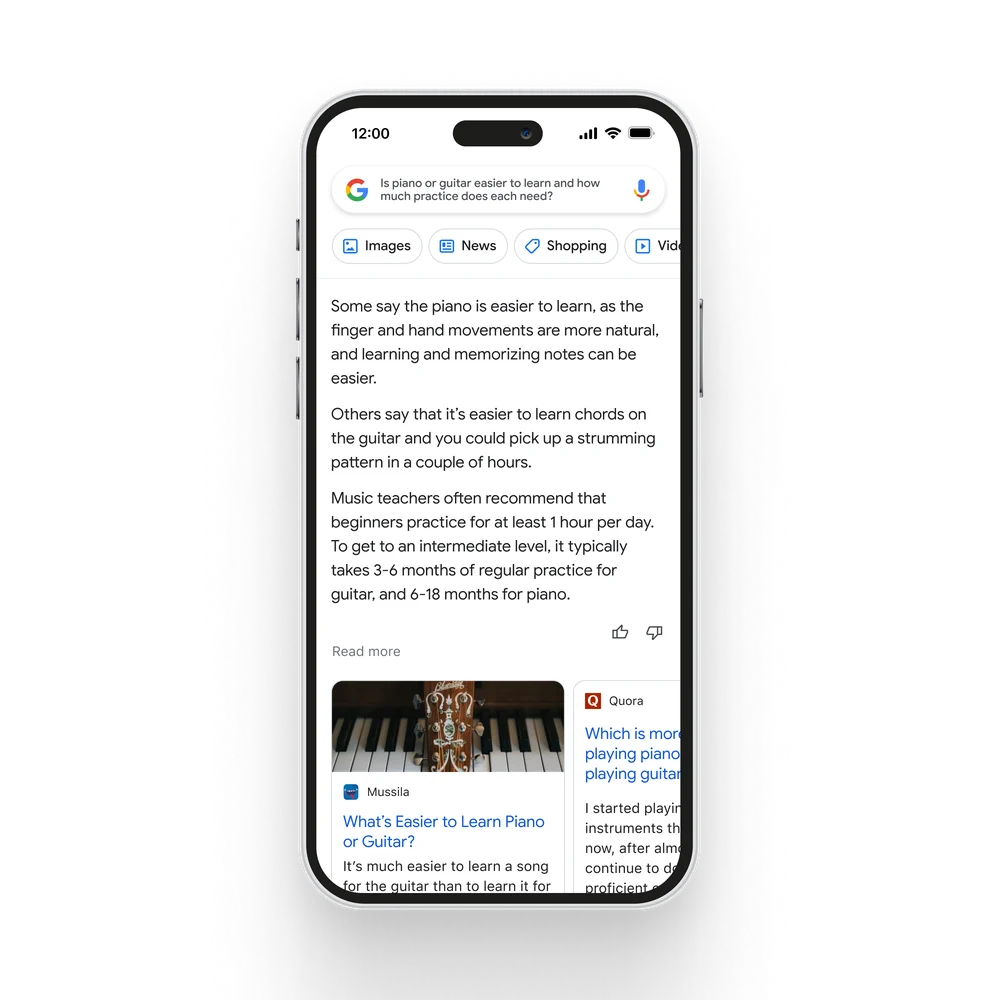
(Source – Shutterstock)
Battle of the bots: Google’s Bard to take on ChatGPT
- Google has been working on an experimental conversational AI service, called Bard which is powered by LaMDA.
- Bard is currently available to trusted testers ahead of being widely available to the public in the coming weeks.
- CEO Sundar Pichai told employees in a company wide memo that it will need all employees to test its AI chatbot, Bard, “in the spirit of an internal hackathon.”
It’s showtime for the tech industry, as artificial intelligence (AI) takes center stage like never before. Following talks of Microsoft coming close to adding ChatGPT to its search engine Bing, Google began shifting into gear as the possibility of losing its search engine dominance became plausible. As such, Google has created an AI chatbot named Bard which is now available for a handful of trusted testers.
Although Google oriented the company around AI six years ago, it was Microsoft’s move of investing billions in the creators of ChatGPT, OpenAI, that triggered a race in Big Tech. Since ChatGPT became an internet phenomenon in December last year, many were of the belief that it could reinvent or even replace the traditional internet search mechanism.
In short, it threatened Google. However, Google actually has been working on an experimental conversational AI service for a while now, powered by their Language Model for Dialogue Applications (LaMDA) unveiled two years ago. “Since then we’ve continued to make investments in AI across the board, and Google AI and DeepMind are advancing the state of the art,” Google CEO Sundar Pichai said in a blog posting on Monday.
As Pichai puts it, Bard seeks to combine “the breadth of the world’s knowledge with the power, intelligence and creativity of our large language models.” He noted that Google is opening Bard up to trusted testers ahead of making it more widely available to the public “in the coming weeks.” LaMDA is a smaller version of a powerful AI model, which Google first announced in May 2021 and is based on similar technology to ChatGPT.
For Google, starting with a lightweight model version of LaMDA allows it to offer the chatbot to more users and gather feedback to help address challenges around the quality and accuracy of the chatbot’s responses. “It draws on information from the web to provide fresh, high-quality responses. Bard can be an outlet for creativity, and a launchpad for curiosity, helping you to explain new discoveries from NASA’s James Webb Space Telescope to a 9-year-old, or learn more about the best strikers in football right now, and then get drills to build your skills,” Pichai explained.

When looking for insights, AI features in Search can distill information to help you see the big picture. Source: Google
Google before and after Bard
As Pichai puts it, Google has had a long history of using AI to improve Search for billions of people. “BERT, one of our first Transformer models, was revolutionary in understanding the intricacies of human language. Two years ago, we introduced MUM, which is 1,000 times more powerful than BERT and has next-level and multi-lingual understanding of information which can pick out key moments in videos and provide critical information, including crisis support, in more languages,” he shared.
Now, their newest AI technologies — like LaMDA, PaLM, Imagen and MusicLM — are building on Bard, creating entirely new ways to engage with information, from language and images to video and audio. Beyond that, Google sees the importance of making it “easy, safe and scalable for others to benefit from these advances by building on top of our best models.” That said, Google will start onboarding individual developers, creators and enterprises next month so they can try the Generative Language API, initially powered by LaMDA with a range of models to follow.
“Over time, we intend to create a suite of tools and APIs that will make it easy for others to build more innovative applications with AI. Having the necessary compute power to build reliable and trustworthy AI systems is also crucial to startups, and we are excited to help scale these efforts through our Google Cloud partnerships with Cohere, C3.ai and Anthropic, which was just announced last week,” Pichai noted.
READ MORE
- 3 Steps to Successfully Automate Copilot for Microsoft 365 Implementation
- Trustworthy AI – the Promise of Enterprise-Friendly Generative Machine Learning with Dell and NVIDIA
- Strategies for Democratizing GenAI
- The criticality of endpoint management in cybersecurity and operations
- Ethical AI: The renewed importance of safeguarding data and customer privacy in Generative AI applications


